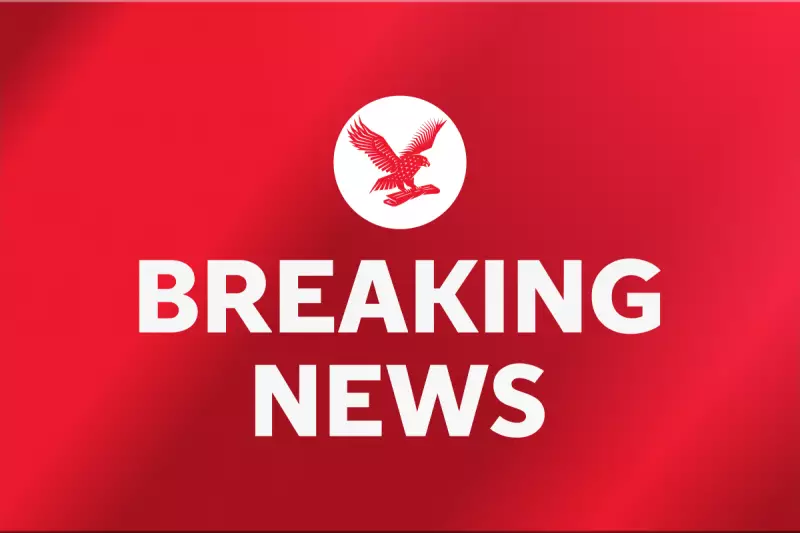
The Crown Prosecution Service finds itself at the centre of a major legal battle as a controversial terror case involving a brutal kneecap shooting goes before appeal judges.
A 34-year-old man, accused of a horrific kneecap shooting in Northern Ireland, is challenging the terror designation applied to his case, arguing that the CPS has overstepped its authority in labelling the violent attack as terrorism.
The case has sparked significant debate within legal circles about the appropriate application of counter-terrorism legislation to paramilitary-style attacks. Legal representatives for the defendant contend that the shooting, while undoubtedly violent, doesn't meet the threshold for terrorism under UK law.
Legal arguments take centre stage
During recent proceedings at the Royal Courts of Justice, defence lawyers presented compelling arguments that the CPS had "wrongly characterised" the incident. They maintained that the shooting lacked the political or ideological motivation necessary to qualify as a terrorist act under the Terrorism Act 2000.
"This case represents a significant test of how counter-terrorism powers are applied in modern Britain," explained a legal observer familiar with the proceedings. "The outcome could set important precedents for future cases involving paramilitary-style violence."
Broader implications for counter-terror policy
The appeal challenges not just the specific case but potentially the CPS's broader approach to similar incidents in Northern Ireland. Legal experts suggest that a successful appeal could force a reconsideration of how terrorism charges are applied to traditional paramilitary activities in the region.
Prosecutors, however, maintain that the terror designation is appropriate, arguing that the method and circumstances of the shooting align with established patterns of terrorist behaviour in Northern Ireland.
The court's decision, expected in the coming weeks, will be closely watched by human rights organisations, legal experts, and security officials alike, as it may reshape the landscape of counter-terrorism prosecution in the UK.





